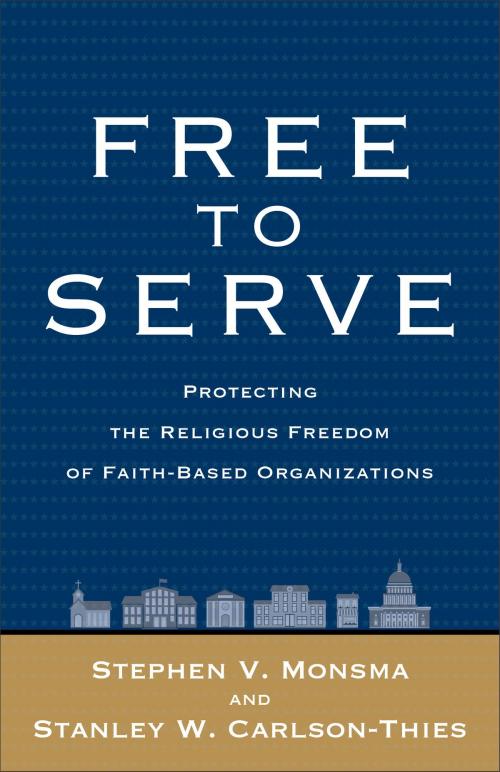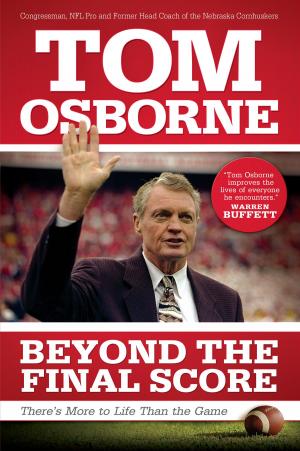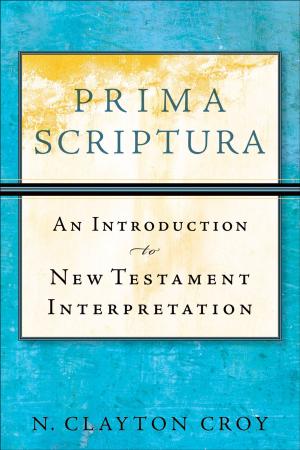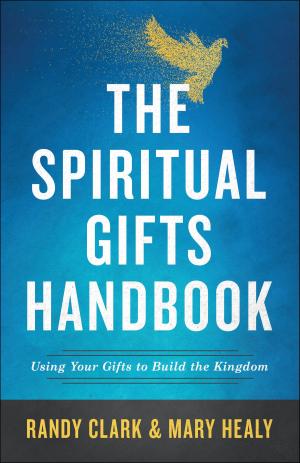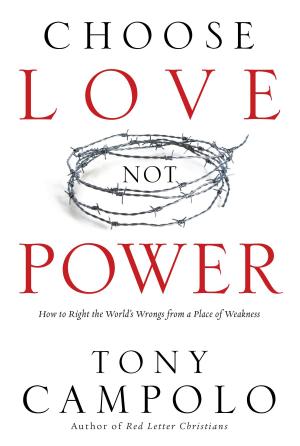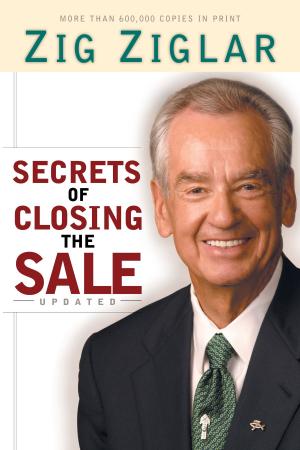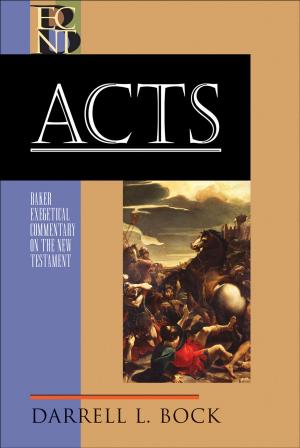Free to Serve
Protecting the Religious Freedom of Faith-Based Organizations
Nonfiction, Religion & Spirituality, Christianity, Church, Church & State, Christian Life| Author: | Stephen V. Monsma, Stanley W. Carlson-Thies | ISBN: | 9781493400065 |
| Publisher: | Baker Publishing Group | Publication: | October 6, 2015 |
| Imprint: | Brazos Press | Language: | English |
| Author: | Stephen V. Monsma, Stanley W. Carlson-Thies |
| ISBN: | 9781493400065 |
| Publisher: | Baker Publishing Group |
| Publication: | October 6, 2015 |
| Imprint: | Brazos Press |
| Language: | English |
What do Hobby Lobby, InterVarsity Christian Fellowship, Wheaton College, World Vision, the Little Sisters of the Poor, and the University of Notre Dame have in common? All are faith-based organizations that have faced pressure to act in ways contrary to their religious beliefs. In this book, two policy experts show how faith-based groups--those active in the educational, healthcare, international aid and development, and social service fields--can defend their ability to follow their religiously based beliefs without having to jettison the very faith and faith-based practices that led them to provide services to those in need. They present a pluralist vision for religious freedom for faith-based organizations of all religious traditions. The book includes case studies that document the challenges faith-based organizations face to freely follow the practices of their religious traditions and analyzes these threats as originating in a common, yet erroneous, set of assumptions and attitudes prevalent in American society. The book also includes responses by diverse voices--an Orthodox Jew, a Roman Catholic, two evangelicals, two Islamic leaders, and an unbeliever who is a religious-freedom advocate--underscoring the importance of religious freedom for faith-based organizations.
What do Hobby Lobby, InterVarsity Christian Fellowship, Wheaton College, World Vision, the Little Sisters of the Poor, and the University of Notre Dame have in common? All are faith-based organizations that have faced pressure to act in ways contrary to their religious beliefs. In this book, two policy experts show how faith-based groups--those active in the educational, healthcare, international aid and development, and social service fields--can defend their ability to follow their religiously based beliefs without having to jettison the very faith and faith-based practices that led them to provide services to those in need. They present a pluralist vision for religious freedom for faith-based organizations of all religious traditions. The book includes case studies that document the challenges faith-based organizations face to freely follow the practices of their religious traditions and analyzes these threats as originating in a common, yet erroneous, set of assumptions and attitudes prevalent in American society. The book also includes responses by diverse voices--an Orthodox Jew, a Roman Catholic, two evangelicals, two Islamic leaders, and an unbeliever who is a religious-freedom advocate--underscoring the importance of religious freedom for faith-based organizations.
